Guide To Caring For Baby Teeth
The teeth are one of the most important parts of our body. Without healthy teeth, it is difficult to eat. Taking care of teeth is easy but negligence can be costly. Taking care of teeth should begin as early as possible, right after your baby is born. As a parent, you must take caring for baby teeth with everything else.
Primary teeth bear way more importance than most people can think. So, taking care of the primary is equally important as taking care of permanent teeth. As children’s diets are limited, just checking the consumption of sugar content is enough to take care of your baby’s teeth. Clean your baby’s teeth after each meal and don’t let your baby sleep with sweets in your mouth.
There are many things to know about taking care of babies’ teeth. Brushing techniques, taking care of gums, preventing cavities when you should visit a dentist, etc. lots of things come into play to properly take care of your child’s dentition. In this article, I will focus on all of that so let’s go!
Development Of Babies’ Teeth
Babies’ teeth start to develop when they are still in the womb. There are 20 primary teeth or neonatal teeth in children. Except for a few exceptions, permanent teeth typically replace their corresponding primary teeth. Premolars don’t exist in primary teeth.
Primary molars are replaced by permanent premolars. Between the ages of 6 and 10 months, the eruption of the first teeth starts. There are, however, certain exceptions. Some infants begin to develop teeth as early as 3 months, while others wait until they are about 12 months old.
Lower incisors often emerge first, though the order of primary tooth eruption might vary. The upper incisors come after that. Then come the canines, first molars, and second molars. Teething refers to the process of primary teeth erupting. Babies do not enjoy going through the teething process. Babies show various symptoms of teething such as:
- Crying too much
- Acting too sensitive
- Feeling unwell without any obvious reason
- Suck on various toys
- Pull the ear of the same side where teeth are erupting
- Drooling
- Gum swelling
- Slightly higher temperature
There are some ways you can give your baby comfort during this time. Try the following steps:
- Give your baby a cold washcloth to chew on. A thing called a ‘teething ring” is available in the market for this exact purpose. Purchase one if you can. Give your baby a clean and cold teething ring to chew. This will prevent your kid from chewing on anything he can find, thus preventing choking. However, don’t give a teething ring with a liquid inside.
- Swollen gums are usually the source of pain during the teething period. Gently rubbing your baby’s gums can ease the pain and give your baby comfort. Clean your fingers and gently rub your baby’s gums from time to time.
- Topical pain relievers are available in the market. Consult your pediatrician and use topical pain relievers. Avoid benzocaine and aspirin-containing drugs at all costs. You can give him paracetamol sometimes. Ask your doctor before giving your baby any drug.
Teething gels are available on the market. There are debates about whether teething gels are good or bad. Many doctors advise against them. Reports of adverse effects of teething gels have been reported so try to avoid them as much as possible. The methods I mentioned above are much more effective without any side effects.
How To Take Care Of Your Baby’s Teeth?
You should begin taking care of your baby’s teeth even before the eruption. Starting at the age of three months, gently wipe your baby’s gums twice a day with a wet and clean towel. It will help your baby to prepare for brushing.
There is a toothbrush available specially designed for primary teeth. After primary teeth appear, you can start using a baby toothbrush to brush your baby’s primary teeth. Many babies do not like brushing at all. In that case, keep using the soft cloth to clean your baby’s teeth.
Don’t use any kind of toothpaste until your baby is 18 months old. Only use clean water with the brush. Always use a soft bristle toothbrush. When your baby is 18 months, you can start using low fluoride toothpaste. Don’t use adult toothpaste until your kid is 6 years old. A proper brushing routine is very important for healthy teeth. Follow the brushing routine below:
- Brush your baby’s teeth twice a day. Once after breakfast and once before bed.
- Brush for two minutes. Don’t rush when brushing, it can harm your baby’s teeth.
- Use a small amount of paste, like the size of a pea.
- Always brush gently without any extra pressure.
- Once your baby is old enough, tell him to spit the paste instead of rinsing. It will prevent the rinsing of protective fluoride from the teeth
After birth before a certain age, babies are on a liquid diet which is mostly milk. So, choosing drinks that are helpful for dental health is crucial. If you are using a bottle, only use breast milk or baby formula. Don’t let your baby sleep with a milk bottle at night as it can cause a condition called nursing bottle caries. Just switch between milk and water, and avoid all the other drinks.
Brushing Your Baby’s Teeth
Brushing is the only weapon to protect the teeth that general individuals can utilize. The different dentist gives different advice about when you should start brushing your baby’s teeth. Some say that you can start brushing as soon as teeth start appearing in your baby’s mouth.

Some suggest we wait until at least 4 teeth appear in the mouth. Others say to wait until 2 to 3 years before starting toothbrushing. Choose a toothbrush with soft bristles, a small head, and a large handle. Initially do not use any toothpaste. Just soak the brush in warm water, it will soften the bristles even more.
Some doctors say you can use toothpaste as soon as teeth appear in the mouth, but the amount should be no more than the size of a rice grain. You can increase it to a pea-sized amount when the child is 3 years old. Fluoride is a natural mineral that is very beneficial for teeth. It protects and strengthens the teeth against cavities.
Using fluoride in the early stages of your child’s life can be very beneficial. But there are different ideas regarding it. You should start using fluoride toothpaste when your child learns to spit the toothpaste out after brushing. To attract babies, manufacturers use various flavors, mostly fruits. Find your baby’s favorite.
Also, look for the American Dental Association (ADA) seal of approval. ADA has some criteria for baby toothpaste. The seal shows that the toothpaste meets all the ADA criteria for safety and effectiveness. Carefully read the manufacturer’s label.
Replace the toothbrush every 3 or 4 months. Start flossing once all the teeth come out. Using floss strings or picks can be easier for children instead of regular flossing strings. Continue this practice until your baby learns to rinse and spit without your help.
Once your child is old enough, teach him how to brush properly by example. Once your child is 6 years old, fluoride rinse can help to prevent cavities. The local water supply usually has fluoride content in it. But if your area doesn’t, ask your dentist if you need to use a fluoride supplement and which supplement would be the best.
Decay In Baby Teeth
Decay in baby teeth is extremely common mostly because of brushing habits and food habits. Always watch out for signs of decay in your baby’s tooth such as brown or white spots. Always use breast milk or baby formula in the bottle.

Avoid sugary artificial drinks at all costs. You can give 100% natural homemade fruit juice 4 ounces a day. Milk has natural sugar in it called lactose. So, it can also contribute to decay in babies’ teeth. Parents often use a pacifier to keep babies quiet.
They use sweet syrups or sugar in the pacifier so that their baby likes it and keeps it in the mouth for longer. It is already harmful, but the degree of harm increases way more if the baby falls asleep with the pacifier in their mouth. As saliva flow decreases during sleep, bacteria can easily utilize the sugar in the pacifier to cause decay in the tooth.
Use only plain water in the bottle if you want to let your baby nap with it. Nursing bottle caries which I already discussed above, occur in the front teeth known as anterior teeth. You should keep an active lookout for it because if it’s left untreated, it can cause pain and infection.
If the teeth are damaged severely, they may need to be extracted. Many parents do not know this, but early loss of primary teeth can lead to various problems such as poor eating habits, malocclusion, drifting of adjacent teeth, speech problems, etc. You can try the following steps to minimize the risks of decay in the primary tooth and prevent other oral conditions:
- Slowly dilute the contents of the bottle with water during a course of 2 to 3 weeks. Your baby won’t notice that the sweet content is slowly decreasing.
- After 2 to 3 weeks, fill the bottle with water only.
- Stop using a pacifier once your baby is about 2 or 3 years old. Pacifiers not only cause decay in primary teeth, but long-term use of it can also cause malalignment of the permanent tooth known as malocclusion.
- Babies often become quite sick and need to take lots of medications. Child medications are often sweetened. Clean your baby’s teeth after taking any kind of medication, especially sweet syrups.
- Babies diagnosed with asthma need to go through long-term treatment. Steroid inhalers used in the treatment of asthma can cause fungal infections in the tongue. The signs are creamy patches on the tongue surface. The condition is quite painful. Always clean your baby’s tongue properly after taking an inhaler.
How To Minimize The Sugar Content In Your Baby’s Food?
Minimizing sugar content in your baby’s diet is the number one way to prevent caries and take care of your baby’s teeth. Here is how you can do it:
- Always avoid sugar-containing drinks. Also, remember that sweet doesn’t always mean sugar-containing. Naturally sweet foods such as milk, and homemade fruit juice do not contain any added sugar. However, naturally sweet food can also cause caries so try to avoid them as well. The best drinks for children are milk and plain water.
- You can use sweet fruit juice as a treat for your baby. There’s no harm if you follow some techniques. Always give sweet drinks at meal time. Dilute 1 part juice with 10 parts of water. Also, your child should have no more than 150 ml of drinks per day.
- You can use bottles to feed your baby breast milk, baby formulas, or water. Working mothers do not get the time to directly breastfeed so it’s an okay method. But using bottles for sugary drinks or artificial juices can increase the risks of tooth decay.
- Don’t give your child sticky sweet foods. Sticky foods are difficult to clean. When the sticky food contains sugar, it becomes ten times more harmful. Ask your friends and family members to opt-out of sticky sweet foods as a treat to your child.
- Once your baby is 6 months old, try using a free-flowing cup to feed him milk or water. It will help undo the habit of using bottles.
- When your baby starts to take solid foods, encourage him to eat savory foods and sugar-free drinks. When purchasing food for your baby, check if it contains sugar. It will help in two ways; help your baby accustom to savory flavor and minimize the habit of eating sugar-containing foods.
- At bedtime, give your child only breast milk, baby formula, and mildly cold bottled water.
- If your child is sick and requires medication, ask your doctor to prescribe him sugar-free medicine.
Dentist Visits For Your Baby
Dentist visits can be scary, especially for children. By the time your baby is 2 years old, you should take your baby to the dentist for the first time. It will decrease the risk of tooth decay and support positive oral hygiene practices.

It will also help your baby get familiar with the dentist’s office. A regular dental checkup is essential for maintaining healthy teeth. The ideal period is 12 months. Make sure your baby sees the visit to the dental office as a positive experience. Here are some tips to make dentist visits more positive for your child:
- As a parent, you should be alert about your oral health condition and visit the dentist regularly. A great way to accustom your baby to the dentist is if you take him to your appointment from time to time. Don’t make your baby’s first appointment his first visit to the dentist. If you take your baby to the dentist with you, it will help him get familiar with the atmosphere and ease him up when you take him to his first visit.
- Visiting a children’s specialist known as a pediatric dentist can be more beneficial than visiting a general dentist. They are specially trained in treating children. Children are difficult to deal with and thorough knowledge about child behavior management can be particularly beneficial for treating children. Pediatric dentists are trained to use various techniques such as using nitrous oxide gas to calm down hysteric children, using a papoose board, tell-show-do technique, etc.
- You can give your child various treats if he behaves in the dentist’s office. You can give him toys that he likes most or food treats etc. Dentists also keep toys in their chamber to minimize the fear of the child patient, decrease nervousness and give comfort.
- It’s a common technique. Even if you don’t know it, the dentist is likely to teach you to do it. Babies feel safety and comfort in their mother’s lap. If your child is too nervous, lie on the dentist’s chair with your baby on your lap. It will help your baby stay calm and allow the dentist to work.
- Children can sense their parents’ emotions. If you are stressed or anxious about something, your child may feel it which can make him even more nervous. Check your own emotions before visiting the dentist.
Reasons Why You Should Take Care Of Your Baby’s Teeth
Taking care of babies’ teeth and taking care of adult teeth are different. First of all, babies are helpless so someone has to take full charge. Also, there are lots of anatomical differences between adult teeth and baby teeth. Here are 5 reasons why you should take care of your baby’s teeth properly:
Cavities Are Relentless
Dental cavities or caries do quick damage. They spread faster than you can imagine. In a baby’s mouth, a cavity can form in just six months. Primary teeth are softer and more prone to damage than permanent teeth; so, untreated caries can spread faster and reach more sensitive areas.
Also, nursing bottle caries is the most common form of caries seen in children. It spreads very fast and affects the anterior teeth mostly. If it’s not treated, it can cause more severe and painful conditions. But if you take care of your baby’s teeth properly, you won’t have to worry about treating caries or other oral conditions.
Children Are More Prone To Dental Caries
You might wonder what causes dental caries. Let me tell you, caries are a multifactorial occurrence. To sum it up, there are specific bacteria in the oral cavity that produce various acids with the help of carbohydrates.
Sugar is one of the main sources of carbohydrates. As children feed on milk only, they get a frequent supply of carbohydrates which makes a favorable environment for developing caries. Also, children like sweet food, as many parents are unaware of their children’s dental health, they frequently give sweet treats to their children.
Giving sweet dipped pacifiers during nighttime is another reason why children are more prone to dental caries.
Primary Teeth Are More Important Than You Know
There was a time when we didn’t know the value of primary teeth. The only treatment of primary teeth in case of caries or pain for any reason, was extraction because permanent teeth shall erupt nonetheless. As the science behind dentistry progressed, now we know the importance of primary teeth.
Primary teeth act as a guiding path for permanent teeth. Early loss of primary teeth can largely contribute to malocclusion. If any primary tooth is lost, the adjacent teeth drift toward the space which blocks the path of eruption of the corresponding permanent tooth. Primary teeth are also much more important and that’s why you should take care of your baby’s primary teeth.
Children Are Helpless
In the initial stage of caries, there is no pain or any other symptoms. When caries reach the dentin, the patient feels sensitivity. Once caries reach the pulp, the patient complains of severe pain and the only treatment option is root canal treatment. However, all of these apply to adult patients.
Children can complain of sensitivity or pain. If there are caries in your baby’s tooth, it’s your duty as a parent to check that and visit the dentist. Also, children don’t know which food is harmful to their teeth. Taking care of a baby’s tooth is a multidisciplinary approach and parents should play the primary role in that.
Teeth Don’t Come Back Once They Are Gone
Permanent molar erupts at 6 years of age. Although 6 years means your kid is pretty grown up, there’s no way a kid knows how to take off his teeth properly. If you don’t actively look out for caries or other dental conditions, your child may lose his permanent teeth.
Today’s dentistry is so advanced and there are lots of treatment options to replace a lost permanent tooth. But no treatment in the world can bring back a lost natural tooth.
6 Facts Regarding Babies’ Tooth
There are many things that generally people do not know about primary teeth. But as a new parent, you should keep these things in mind. Here are 6 facts about primary teeth that every parent should know about:
1. Primary Teeth Eruption Completes By 3 Years
Not all primary teeth erupt at the same time. Eruption of primary teeth begins at 6 months and completes around 36 months.
But most primary teeth complete their course of eruption by 18 months. As a parent, you should know this timeframe because it will help you properly carte your baby’s dentition.
2. Fluoride Should Not Be Provided Before 6 Months
Fluoride helps prevent tooth decay and strengthens the tooth. Water supply authorities add fluoride to water for this exact purpose.
So, if your baby regularly drinks supply water, you should not worry about fluoride supplements. Once your child is 6 months old, you can start thinking about giving your child fluoride supplements. As many parents give their children only bottled water, a fluoride supplement is sometimes necessary.
3. Gum Massage Is Very Helpful
Gum massage can ease teething pain and also prepare your baby for brushing. It also helps the gum to remain healthy. There is teething gel available in the market, avoid those. Clean water is the best for gum massage.
4. Brushing Twice A Day Is Beneficial
Whenever you start brushing your baby’s teeth, brush twice a day. Use rice grain amount of paste. After your baby is 3 years old, use a pea-sized amount. Use a soft bristle brush and brush gently.
5. Consult Pediatric Dentist
Pediatric dentists are specially trained for treating children. If you have a children’s dentist in your area, I recommend you to visit that dentist. However, general dentists are also trained to treat all the common problems of primary dentition.
6. Visit Dentist When Teeth Eruption Begins
The recommended age for taking your children to the dentist is 2 years. But you can take him to two dentists as soon as the first tooth erupts. Your dentist can take a look and let you know if there are any abnormalities. Always remember that the sooner a problem is diagnosed, the better the treatment outcome.
Conclusion
If you take proper care of your baby’s teeth, it will help him get a healthy set of permanent teeth in his adulthood. Negligence of primary dentition can cause problems like malocclusion which can affect his social life. Prevention is better and cheaper than cure. If you take care of your baby’s teeth properly, it can save you from costly treatments.
The only hindrance to taking care of your baby’s teeth is ignorance. You should know every fundamental regarding primary teeth and how to take care of them. I believe this write-up can provide you with all the necessary information regarding taking care of children’s teeth. Good luck!
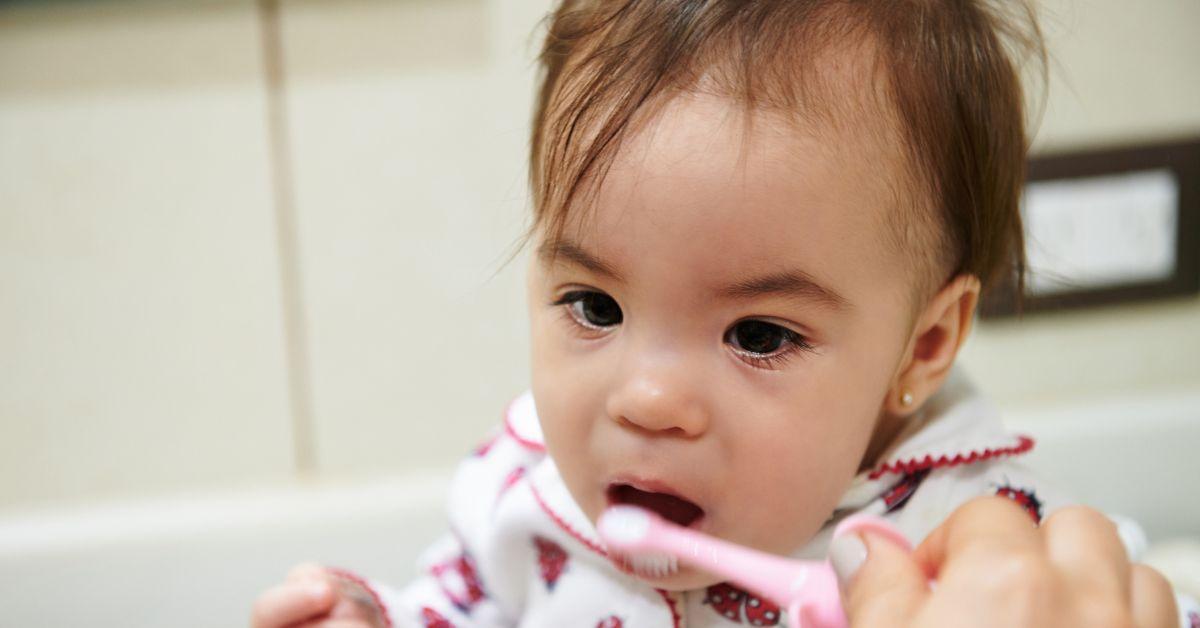

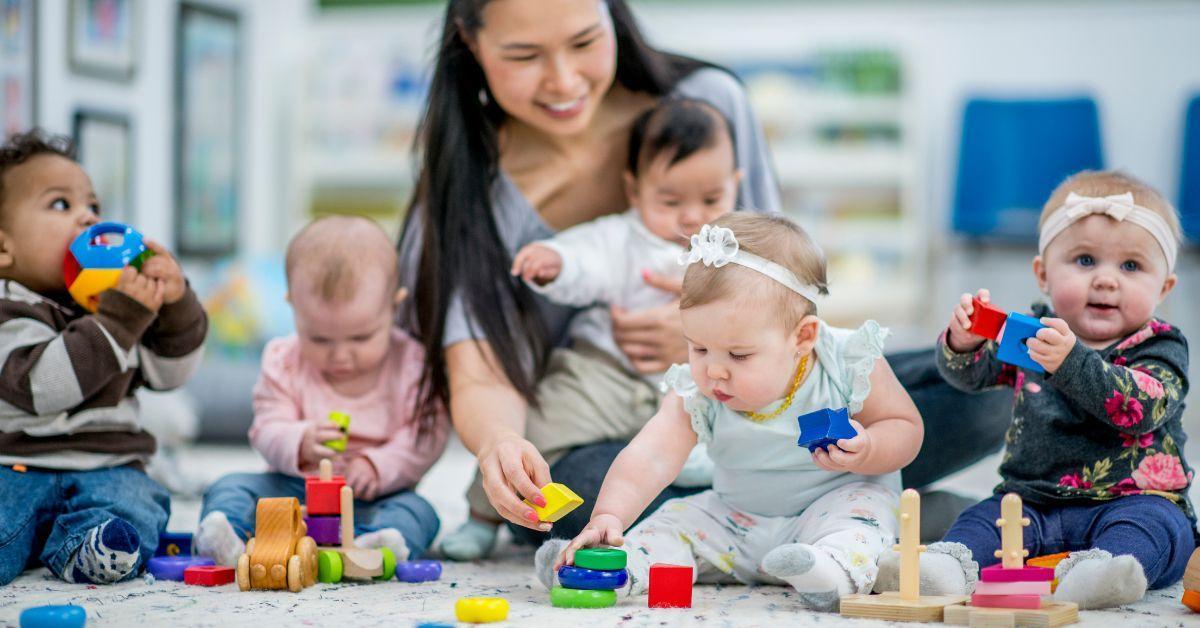
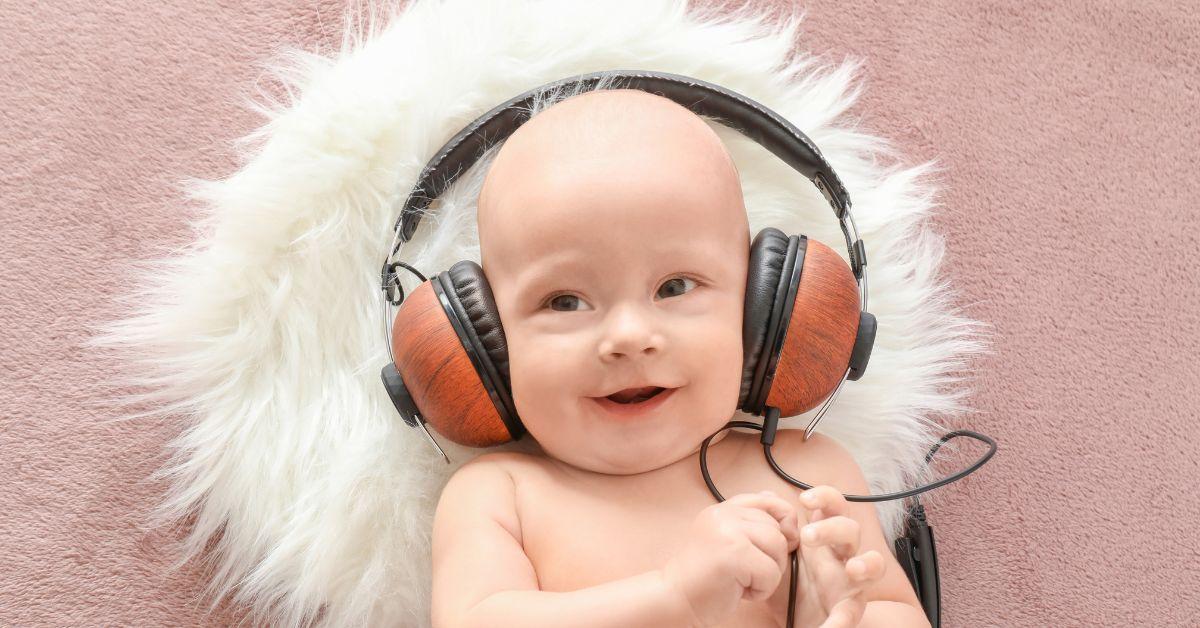
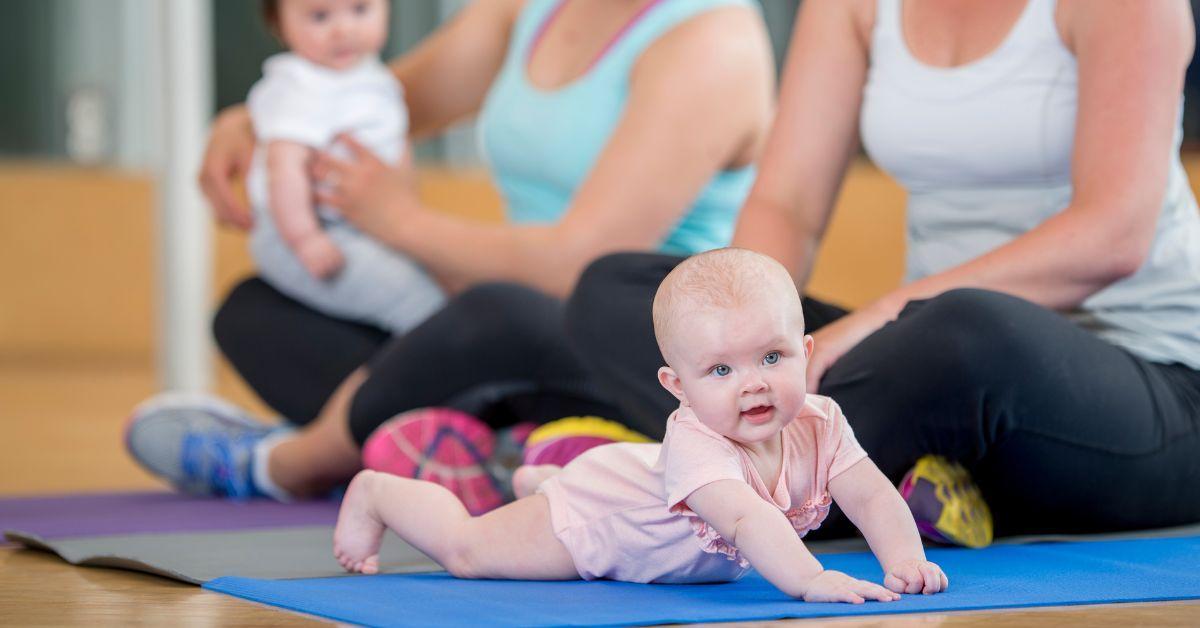
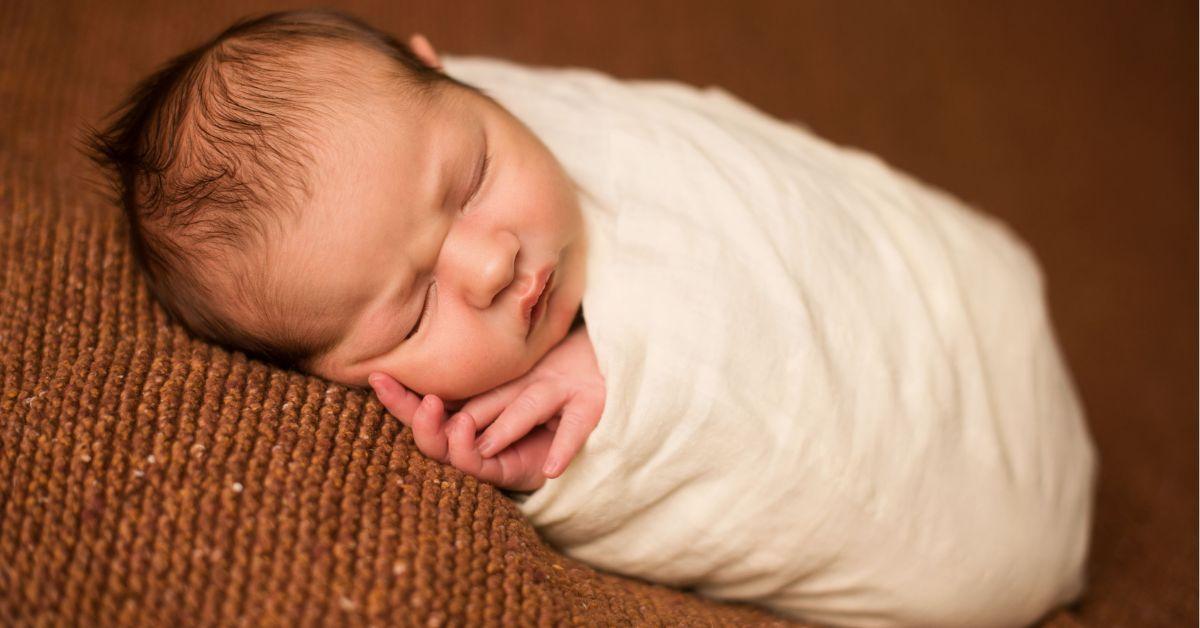
Jennifer Crowley
I'm Jennifer, a dedicated mother passionate about writing insightful blog posts. My life revolves around the joys and challenges of parenting and brings my unique perspective and experiences to writing, with a keen eye for detail and a love for storytelling. My blog is a platform for sharing parenting tips and advice and a place where I want to be with other moms and dads, offering them a sense of camaraderie in the wonderful, chaotic world of parenthood.